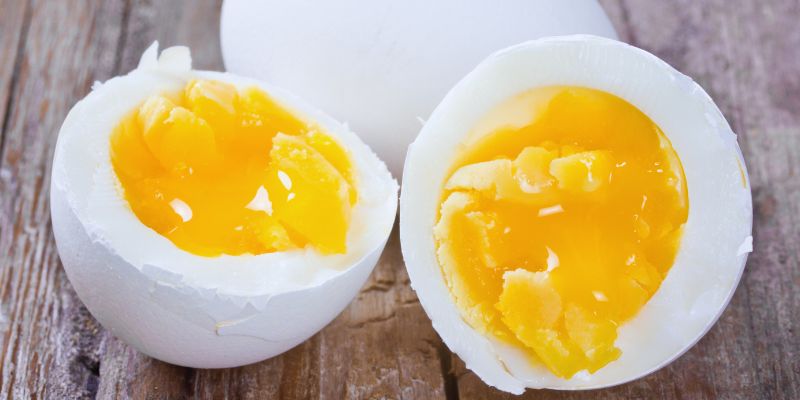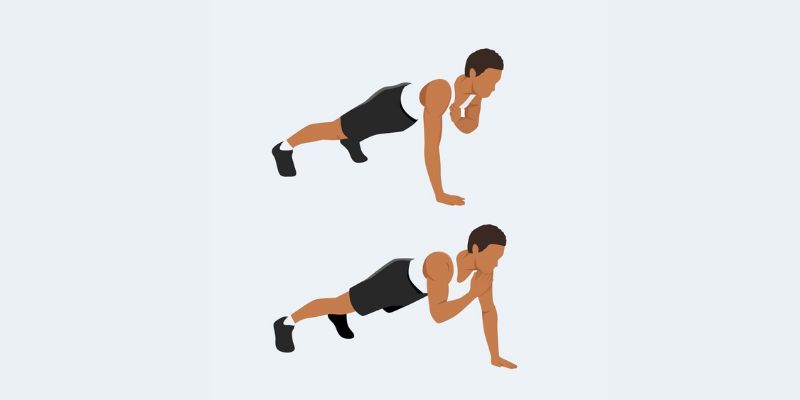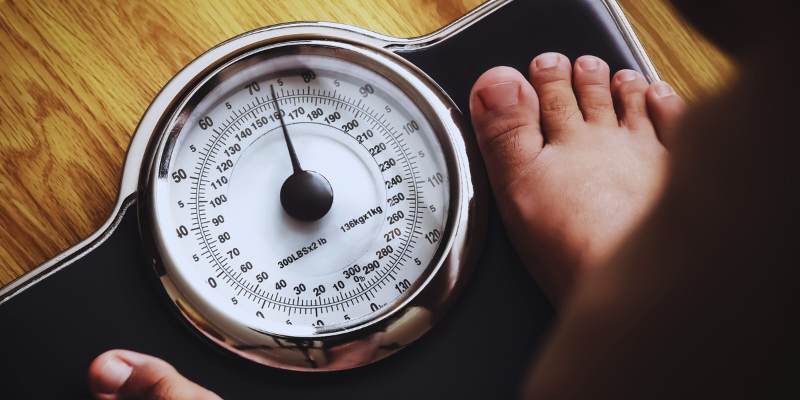Many people worldwide enjoy eating eggs as part of their regular meals. They include lots of nutrients, are reasonably priced, and are simple to prepare. Many others, meantime, are curious about the actual protein content of an egg. Is it sufficient to power your muscles and body? Should you consume the whole egg or only the white? Knowing details on egg nutrition can enable you to choose foods more wisely.
Protein counts whether your goals are weight loss, muscular gain, or an improved diet. Regarding protein content, eggs are sometimes equated with meals like chicken, beans, and yogurt. Still, how do they truly stand? This article will examine the egg protein content, health advantages, and ways eggs stand out from other foods high in proteins.

Protein Content in a Whole Egg
The egg protein content of an ordinary large egg is 6 to 7 grams. That is a reasonable amount for one modest meal—the size of the egg matters. Jumbo eggs have more protein; a small egg has less.
Here's a quick look at how protein varies by egg size:
- Small egg (38g): around 4.8 grams of protein
- Medium egg (44g): around 5.5 grams of protein
- Large egg (50g): around 6.5 grams of protein
- Extra-large egg (56g): around 7 grams of protein
- Jumbo egg (63g): around 8 grams of protein
With all nine necessary amino acids, egg protein is known as complete. These amino acids enable your body to heal, stay strong, and grow. You must get them from food because your body cannot produce them. That's why eggs are an effective and healthy choice for daily meals.
Protein in Egg White vs. Egg Yolk
Though some believe only egg whites contain protein, this is not true. Both sides of the egg provide daily protein your body requires. How much protein is in every part? One large egg white contains nearly 3.6 grams of protein and is virtually fat-free. Given its low-calorie count, many individuals turn to it for healthful meals. The yolk has about 2.7 grams of protein, fats, and important vitamins.
Why the yolk counts? Vitamins A, D, E, and B12 in the yolk enable your body to function as intended. It also boasts vital nutrients for your brain and eyes and healthy fats. Which part is better? Egg whites are excellent for pure protein and are free of additional calories or fat. Skipping yolks, however, results in missing vital minerals your body needs. Getting full protein and complete nourishment daily comes from eating the entire egg.
How Eggs Compare to Other Protein Sources
Eggs are a strong protein source, but how do they stack up to others? Let's compare.
- Chicken Breast: A three-ounce chicken breast has roughly 26 grams of protein. It is low in fat yet abundant in protein, which is great for building muscle and maintaining good health.
- Greek Yogurt: One cup boasts ten and twenty grams of protein. It also contains probiotics meant to help digestion and calm your stomach. Greek yogurt tastes great and is quite healthful.
- Tofu: Half a cup contains ten grams of protein. Made from soy, it is a fantastic meat-free substitute. Vegetarians will find tofu ideal and cookable in various ways.
- Beans (like black beans): One cup of cooked beans boasts roughly 15 grams of protein. Moreover, it is high in fiber and iron as beans. They support healthy blood and help you feel full for longer.
- Peanut Butter: Two tablespoons have eight grams of protein. It is also high in good fats for energy, such as peanut butter. A quick and simple snack, it's a great approach to boost your protein intake.

Benefits of Egg Protein
Numerous benefits of egg protein enable your body to remain strong, healthy, and energetic.
- Complete Protein: Eggs contain all nine of the amino acids your body needs to develop, heal, and remain healthy. Few meals provide this complete spectrum of amino acids, making eggs a complete protein source good for strength and recovery.
- Repair Muscle Tissue: After exercise or physical activity, the protein in eggs helps speed up muscle healing. Eggs are a perfect alternative for athletes and those wishing to remain active and healthy.
- Easy to Digest: Your stomach will find egg protein mild. Your body will easily absorb and use it. Your body thus gets the required protein without any difficulty or discomfort.
- Supports a Healthy Weight: Eating eggs extends your feeling of fullness. It naturally helps control your weight and lessens the urge for extra snacks.
How Many Eggs Provide Enough Protein?
Given their nearly zero fat and extremely few calories, egg whites are a fantastic source of protein. Although many believe that eating egg whites provides sufficient nutrition, the yolk also includes protein, vital minerals, and vitamins. Eating the whole egg gives better health benefits and more nutrition. Your health, food, and way of living will all affect the daily egg count you consume.
Eating one or two whole eggs daily is safe and supplies enough protein for most healthy people to support their bodies. Before eating numerous eggs daily, see a doctor if you have health issues, including heart disease or high cholesterol. Eggs are a cheap, quick, and tasty way to get protein. For a balanced diet and maintaining health, including egg whites and yolks in your meals is the best decision. Moreover, eggs support muscle development and help maintain general well-being.
Conclusion:
Eggs are an easy, reasonably priced, and potent source of complete protein. Essential amino acids found in them support your body's growth, healing, and strength maintenance. Both portions of the egg, whole or simply the whites, provide important nutrients regardless of your taste. Adding eggs to your diet helps general well-being, vitality, and muscle health. They fit any meal and are easy to cook. One to two eggs daily are safe and good for most healthy people. Eating white and yolk helps you get full nutritional value from your meals.












